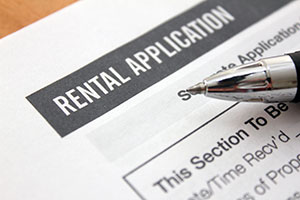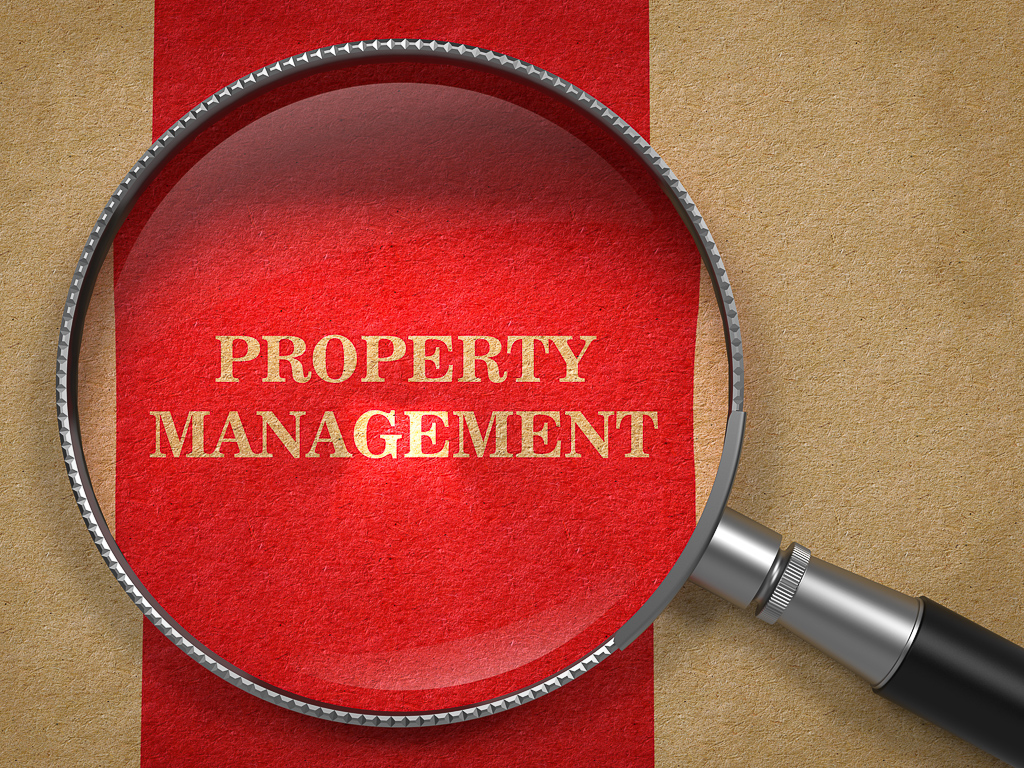Whether your property is a vacation home, a distribution warehouse, or a multi-family investment property, it’s likely that you will not manage the day-to-day details yourself. So you’ll need a property manager.
Finding and hiring the right property manager can have a big impact on property value retention, as well as how many headaches it may cause you. Here’s how to get the process started and some interview questions for your PM.
First things first, make a list of what you are good at doing and then make a list of things you need help with. This will guide you in your search. To give you some list items to thing about, check out this list of property management issues handled by the NC Real Estate Commission’s help line.
The property manager’s experience should match your property type. There is a great difference in the skill sets required to manage a large commercial property, as opposed to a private residence. This difference is naturally reflected in what you can expect to pay for property management as well.
Once you get down to interviewing a property manager, here are some essential questions to ask that will help with the selection.
#1: How will the manager advertise vacancies?
A manager should be aggressive about filling vacancies. Ask about the marketing tools that will be used. Look for a manager that has a strong procedure in place.
#2: How will they screen prospective tenants?
 A background check of prospective tenants is a must. It would likely be a mistake to hire a manager who makes exceptions to this. For more information on credit-worthy tenants, see my post on tools that can be used during the screening process.
A background check of prospective tenants is a must. It would likely be a mistake to hire a manager who makes exceptions to this. For more information on credit-worthy tenants, see my post on tools that can be used during the screening process.
#3: How will they manage showings?
During what hours are they available? If the property can’t be shown outside of 9-5 on weekdays, you’ll miss out on a lot of solid tenants who spend those hours at work. Find out what routine precautions the manager takes when showing properties, as well.
#4: What’s their process for collecting late rents?
This is going to happen, so a good manager will have a procedure in place that’s effective.
#5: Does your manager personally own any rental property?
If your manager is also managing a property of that s/he owns, it’s not hard to guess which place will get the most attention. The manager will naturally work harder to fill vacancies and tackle maintenance on their own property, so consider your choice carefully in this situation.
#6: How are their fees determined?
Speaking of fees, ask about the manager’s rates and make sure that their expectations line up with yours. Managers often base their fees on a percentage of the rent. This varies according to locale, but may fall between 6 and 12% of the rental income.
#7: How will they handle maintenance?
Often, the manager will make maintenance decisions up to a certain dollar amount, so that you won’t have to approve every small purchase. Some also add a fee on top of the invoice. This isn’t absolutely necessary; see if you can eliminate that in negotiations.

#8: What sort of accounting/management tool do they use?
It’s absolutely essential that your manager use some sort of property management tool, especially when multiple properties are involved. This improves efficiency and accuracy, and good software makes it quick and easy to provide timely and informative reports.
A good property manager can be a tremendous asset. They help to improve tenant service and retention, retain the property’s value, and make the whole operation more efficient. Some extra work and evaluation during the hiring process will pay off big in peace of mind. Do not hesitate to call upon me should you have any questions regarding your decision making process.







